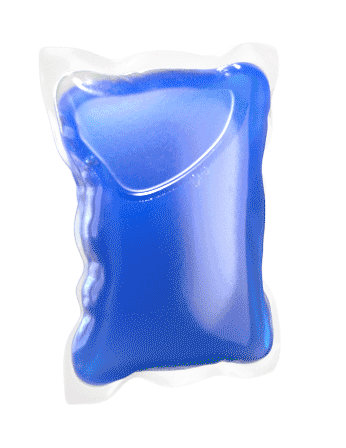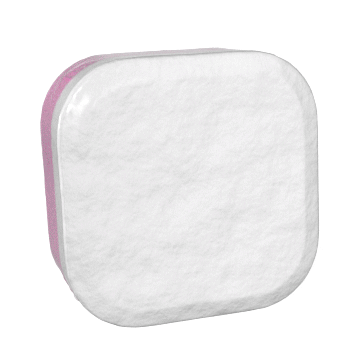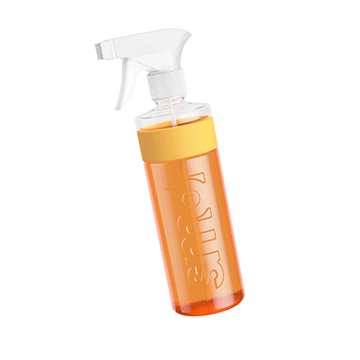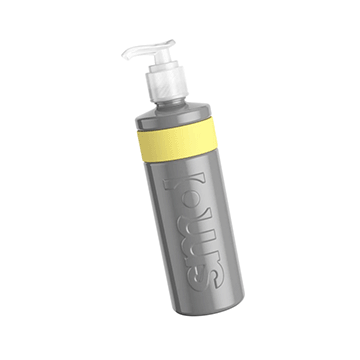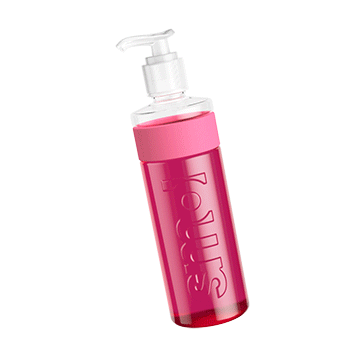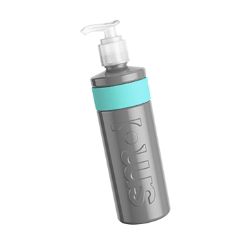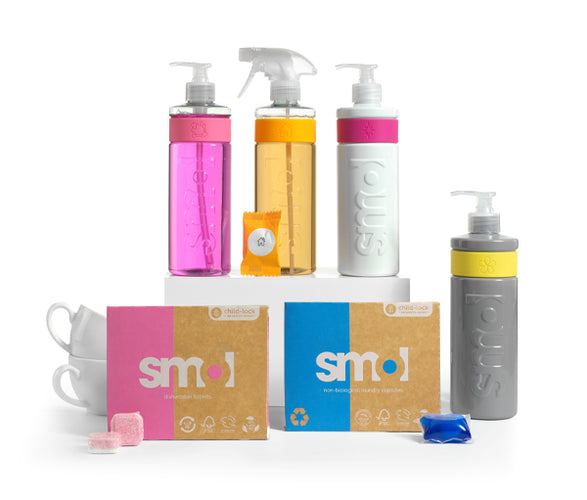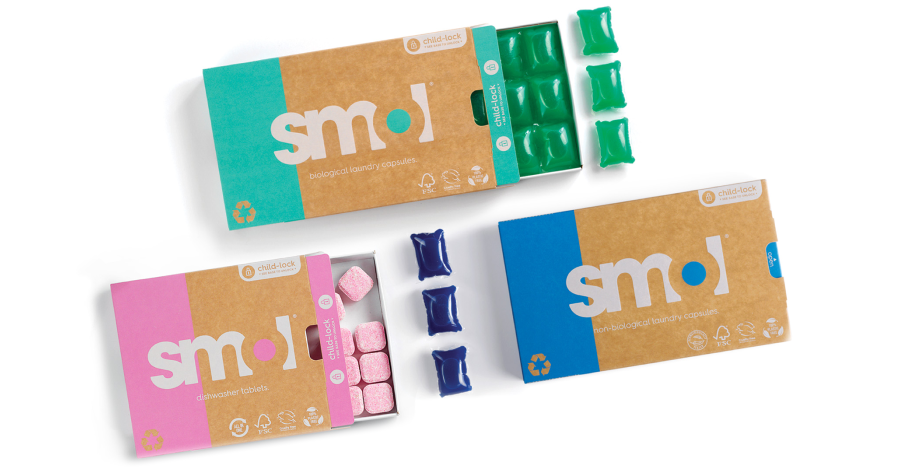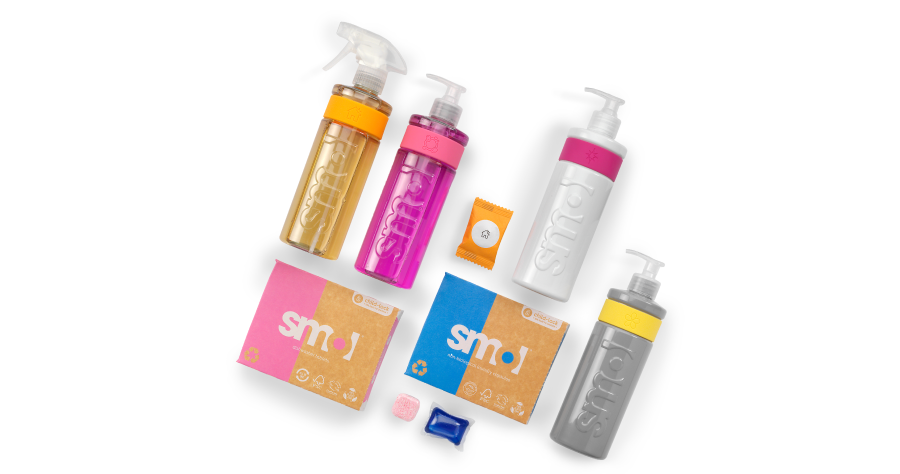
If your kettle furs up regularly with white flakes of limescale or your shower screen constantly creates a dull cloudy glaze… chances are you’re living in a hard water area.
What exactly is hard water? And should it concern us?
The very term hard water sounds like an oxymoron… a total contradiction. How could a soft liquid like water be hard?
But the hardness or softness levels are actually referring to the amount of dissolved minerals floating around in the water. If the bedrock in your area is mostly limestone or sandstone then as your drinking water seeps through it - magnesium, calcium and potassium will dissolve easily into it.
where you live.
Some areas of the UK are more impacted than others when it comes to hard water. Scotland, Wales, Northern Ireland and northern England tend to have softer water but if you’re in the South or the East of England you will probably be living in a hard water area.
Your water provider will be able to tell you in more detail about the hardness of the water in your home and if you’re unsure who yours is… you can find out your provider here. Many have online tools within their websites that allow you to enter your postcode and check the hardness of your water.
hard water vs soft water
No water company will pre-soften water before it reaches your tap because there is no UK or European standard on the correct hardness of drinking water. As a rule:
- Soft water holds under 100 mg of calcium carbonate per litre.
- Moderate hard water holds 100 - 200 mg of calcium carbonate per litre.
- Hard water holds 200 - 300 mg of calcium carbonate per litre.
- Very hard water holds over 300 mg of calcium carbonate per litre.
so, is hard water bad news?

Potentially… yes.
Hard water can be bad for washing machines because it can cause a build-up of limescale.
Whenever hard water evaporates from a surface - be that a shower door, a pipe inside your washing machine or boiling away inside your kettle - the minerals will not evaporate into the air with the water. Instead they will deposit on whatever surface they are left behind on. And when they build up inside your washing machine, it’s not great for the performance and longevity of the appliance!
A layer of limescale, sitting for example, on the heating element of your machine means it must work much harder to reach the required temperature for your wash cycle. This means your appliance has become much less efficient. At the same time, the layer of limescale can also act as an insulator. That can result in your machine becoming too hot, which can actually cause some damage!
And if hard water causes a mineral buildup in the screens that filter the water for your machine, this will eventually restrict water flow into your machine and cause a breakdown.
go soft.
If you are worried about the potential effect of hard water on your washing machine there are a few steps you can take.
vinegar & bicarbonate of soda.
Pour 1-2 cups of white clear vinegar into the detergent compartment of the washing machine drawer and add a cup of bicarbonate of soda to the empty drum. Then run an empty cycle on your machine selecting the hottest programme you have.
Some online commentators express concern that vinegar could cause damage to the rubber gasket on your washing machine door. However, the vinegar in this method is being vastly diluted within the water of your wash cycle and will not be sitting in its neat form on the gasket for long periods of time (which is what would be needed for any chemical reaction to occur).
proprietary products.
There are several products that can be readily found in supermarkets to be added to your wash alongside your detergent. Most of these will prevent further limescale build up but won’t tackle what has already collected inside your machine.
softener systems.
Some people actually install a home water softening system.
This is a gadget that removes the hard minerals from your mains water supply before it enters your appliances or kitchen tap. The system usually sits under the sink but you can plumb it into other areas like the loft or the garage or even outside. That way you know that all the water you are using around the home is going to be softened.
saved by smol.

Many detergents can also struggle with a hard water wash. You might find your clothes look dingy, have a build up of dirt that doesn’t wash away or they might feel stiff or harsh to the touch.
Luckily smol laundry capsules still deliver a great clean even in very hard water areas. This is because they contain nonionic surfactants that are resistant to water hardness. Because the surfactant has no ionic charge, it will not precipitate out leaving a scum on your laundry. If you still haven’t taken advantage of our FREE TRIAL offer - maybe today is the day!
A liquid or capsule detergent works far better than a powder for those of us in hard water areas. Powder will dissolve much less efficiently with this sort of water and it’s not uncommon for people in hard water areas to find clumps or stains of undissolved powder sitting on their laundry after the cycle has ended.
know the enemy!
Hard water isn’t going anywhere soon, so it’s always best we know what we’re dealing with. With a little forethought we can prolong the life of our washing machine following a few simple steps and when we combine that with smol laundry capsules we know our machine is going to still deliver the clean we expect!
